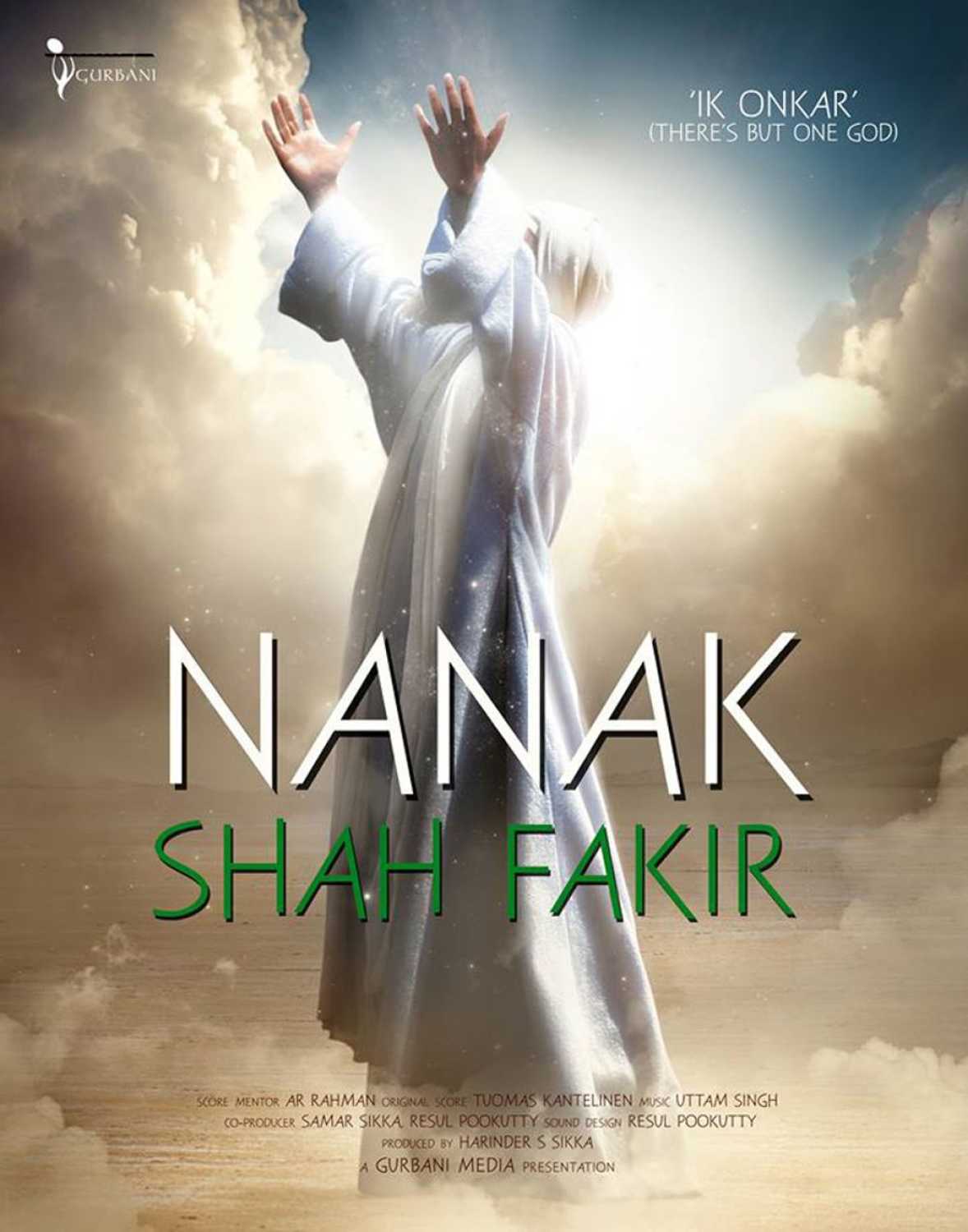The film was banned by the Akal Takht in Punjab after several religious groups took offense to the portrayal of the Sikh guru, Guru Nanak, as a human in the film.
SC stands firm for Nanak Shah Fakir, asks states to ensure film is released
Mumbai - 10 Apr 2018 13:32 IST


Our Correspondent
The Supreme Court on Tuesday (10 April) sent out another powerful missive in support of filmmakers across India. The highest Indian court has asked all the state governments to ensure that the film Nanak Shah Fakir is released in theatres.
The film was banned by the Akal Takht in Punjab after several religious groups took offense to the portrayal of the Sikh guru, Guru Nanak, as a human in the film.
The Akal Takht is the highest religious seat in the Sikh religion. While the film was cleared by the Central Board of Film Certification (CBFC), the Takht banned it.
The film is scheduled to be released on 13 April.
Speaking about the film, Akal Takht jathedar Gurbachan Singh was quoted by IANS, a news agency, as saying, "We have imposed a ban on the controversial movie Nanak Shah Fakir. The film cannot be released."
The Takht also expressed an interest in constituting a Sikh censor board, whose approvals will have to be sought by filmmakers before making any film that dealt with a religious topic.
In view of this issue, the makers of the film approached the Supreme Court for a ruling. The court ruled in favour of the filmmakers making it clear that no one holds a right to prevent the screening of a film after it is passed by the Central Board of Film Certification.
Release of another movie now reaches Supreme Court: Producers of #NanekShahFakir files petition pointing out obstructions by private bodies, individuals. SC issues notice to all States, directs to ensure no obstruction/ disturbance is caused.
— Bar & Bench (@barandbench) April 10, 2018
The ruling is in line with the courts' recent stance for films like Padmaavat (2018) and S Durga (2017). Both these films were opposed on religious grounds but eventually released after they were approved by the legal courts.

